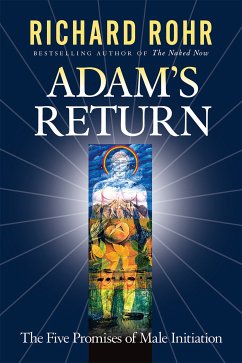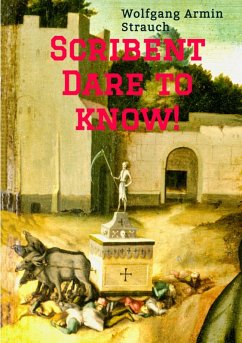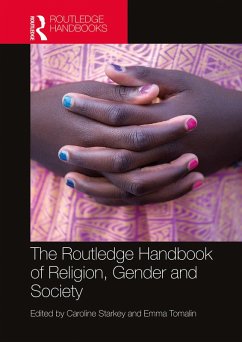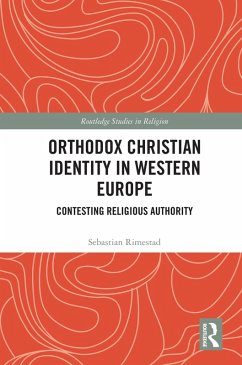
Thoughts for Young Men (eBook, ePUB)
Versandkostenfrei!
Sofort per Download lieferbar
0,99 €
inkl. MwSt.
Weitere Ausgaben:

PAYBACK Punkte
0 °P sammeln!
When St. Paul wrote his Epistle to Titus about his duty as a minister, he mentioned young men as a class requiring peculiar attention. After speaking of aged men and aged women, and young women, he adds this pithy advice,-"Young men likewise exhort to be sober-minded" (Tit. 2:6). I am going to follow the Apostle's advice. I propose to offer a few words of friendly exhortation to young men.I am growing old myself, but there are few things I remember so well as the days of my youth. I have a most distinct recollection of the joys and the sorrows, the hopes and the fears, the temptations and the ...
When St. Paul wrote his Epistle to Titus about his duty as a minister, he mentioned young men as a class requiring peculiar attention. After speaking of aged men and aged women, and young women, he adds this pithy advice,-"Young men likewise exhort to be sober-minded" (Tit. 2:6). I am going to follow the Apostle's advice. I propose to offer a few words of friendly exhortation to young men.
I am growing old myself, but there are few things I remember so well as the days of my youth. I have a most distinct recollection of the joys and the sorrows, the hopes and the fears, the temptations and the difficulties, the mistaken judgments and the misplaced affections, the errors and the aspirations, which surround and accompany a young man's life. If I can only say something to keep some young man in the right way, and preserve him from faults and sins, which may mar his prospects both for time and eternity, I shall be very thankful.
There are four things which I propose to do:-
I will mention some general reasons why young men need exhorting.
I will notice some special dangers against which young men need to be warned.
III. I will give some general counsels which I entreat young men to receive.
I will set down some special rules of conduct which I strongly advise young men to follow.
On each of these four points I have something to say and I pray God that what I say may do good to some soul.
CrossReach Publications
I am growing old myself, but there are few things I remember so well as the days of my youth. I have a most distinct recollection of the joys and the sorrows, the hopes and the fears, the temptations and the difficulties, the mistaken judgments and the misplaced affections, the errors and the aspirations, which surround and accompany a young man's life. If I can only say something to keep some young man in the right way, and preserve him from faults and sins, which may mar his prospects both for time and eternity, I shall be very thankful.
There are four things which I propose to do:-
I will mention some general reasons why young men need exhorting.
I will notice some special dangers against which young men need to be warned.
III. I will give some general counsels which I entreat young men to receive.
I will set down some special rules of conduct which I strongly advise young men to follow.
On each of these four points I have something to say and I pray God that what I say may do good to some soul.
CrossReach Publications
Dieser Download kann aus rechtlichen Gründen nur mit Rechnungsadresse in A, B, BG, CY, CZ, D, DK, EW, E, FIN, F, GR, H, IRL, I, LT, L, LR, M, NL, PL, P, R, S, SLO, SK ausgeliefert werden.













